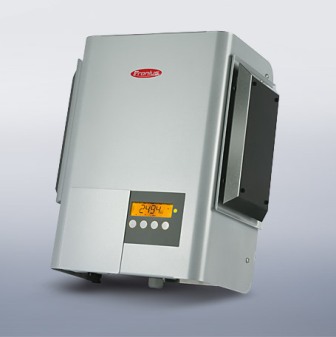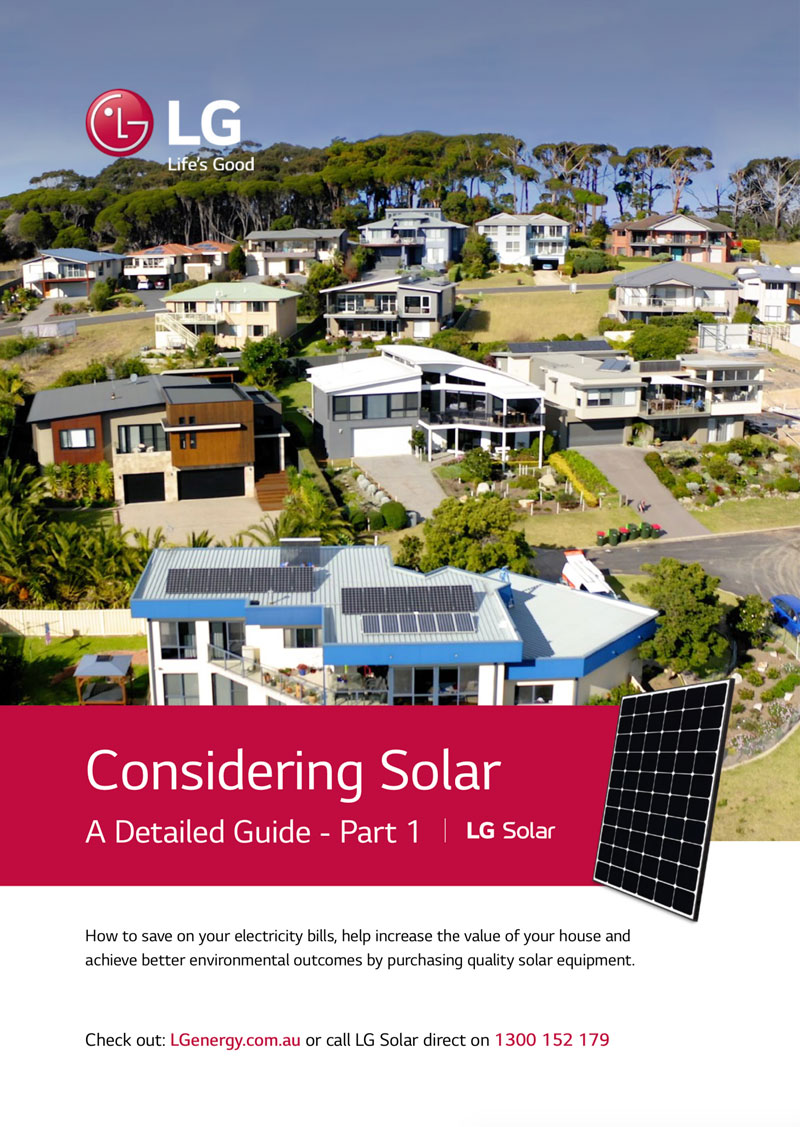Is an inverter an important part of the system?
An inverter together with the panels the most crucial piece of equipment in your solar system. The solar inverter is responsible for the quality and safety of the power coming out of your solar system and importantly, optimising the generation under different conditions to maximise the amount of energy generated.
|
A vital component within a solar PV system, the solar power inverter converts the DC electricity produced by the solar panels to AC to feed back to the home or grid. There are primarily two types of inverters, a transformer-based inverter or a transformer-less type. The transformer-less inverters are more modern technology and tend to be slightly more efficient than the transformer-based units. |
At night or when the panels are not producing power the transformer-based inverters have a higher power consumption to sit in a standby mode. A function called “maximum power point tracking” (MPPT) is a way in which the inverter will look to the panels and draw from them the maximum power that the panels can supply. Some inverters have twin inputs with twin sets of MPPT’s so they can take inputs from panels facing different directions on your roof or even panels of a different type. These inverters with multiple inputs are good if you want to put some solar panels on, say, a North-East facing roof and another lot of panels on a North-West facing roof.
Some inverters will be rated for internal use only and some for external use. They will all have an IP rating for example IP21 indicates suitability for indoor use and IP65 is for outdoor use. Just like the panels, inverters do not like to get too hot so they should not be installed in direct sunlight like on a North facing wall or a position lacking ventilation, where the inverter can overheat.
Some inverters will also have a rating for humidity as this can also cause issues. As the sun climbs in the sky the direct irradiance, hiting the panels increases and the DC voltage coming from the solar panels will increase as well. The inverter will have a minimum input voltage, so it will require the sun to be at a certain height or level of intensity before it will turn on. Always look for an inverter with a low DC input to ensure that it will operate for as long as possible during the day. Your LG solar dealer will be able to advise you as to the best quality inverters on the market.


